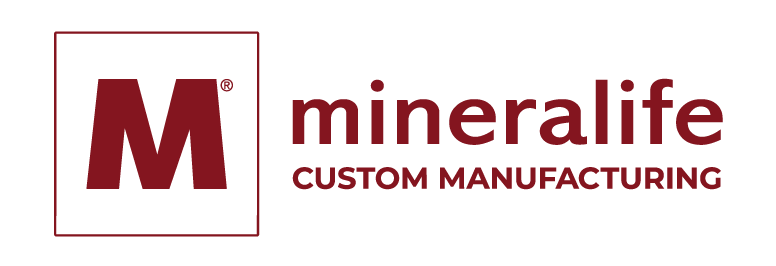The body runs best when fueled with all necessary nutrients—vitamins, minerals and antioxidants. Individuals take supplements to ensure their bodies receive adequate nutrients. A supplement only offers a positive effect when absorbed into the bloodstream.
You are not what you consume but what you absorb!
There are many supplement delivery mechanisms. Your optimal delivery mechanism correlates to your supplement absorption and general health needs. Today we are looking at two different delivery mechanisms—reduced and liposomal—to deliver the antioxidant glutathione.
What Is Glutathione?
It is an antioxidant. Antioxidants neutralize oxidative stress, protecting cells from free radicals. Because it is concentrated in nearly all body cells, it is considered the most powerful antioxidant. Glutathione is both endogenous and exogenous. Our body produces it from within. But we also consume it by eating whole foods.
Benefits include:
- Antioxidant: protects cells against free radicals
- Detox: essential in neutralizing and eliminating toxins from cells
- Energy: protects mitochondria from oxidative damage and free radicals
- Aging: supports skin elasticity and a youthful appearance
Natural sources include green vegetables, turmeric and sulfur-rich foods. If you struggle to consume enough in your diet, you might consider supplementation. Supplements function on two primary delivery mechanisms—reduced and liposomal.
Reduced VS. Liposomal
The primary glutathione supplement delivery systems are reduced and liposomal.
Below you can find a chart that quickly compares the mechanisms.
Both mechanisms support supplementation. The primary difference is the delivery mechanism and consequent absorption. Reduced L glutathione performs well when supplemented through suppositories. However, bioavailability decreases when taken orally.
Reduced loses concentration while traveling through the digestive tract.
Liposomal delivery protects the glutathione in a phospholipid bilayer—a liposome. This prevents supplement degeneration when traveling through the digestive tract. The liposome increases bioavailability by releasing the glutathione in an optimal location. This increases efficacy.
Liposomal glutathione increases bioavailability and consequent absorption.
Should I Supplement with Reduced or Liposomal?
Supplementation functions to increase explicit nutrients in the body to support body health. If the supplemented nutrients are not absorbed, your body will not experience the desired health and wellness effects. After all…
You are what you absorb!
When discussing oral supplementation, liposomal glutathione better supports absorption.
If you have concerns—or questions about what supplement mechanism will best serve you—please reach out to your healthcare provider!
